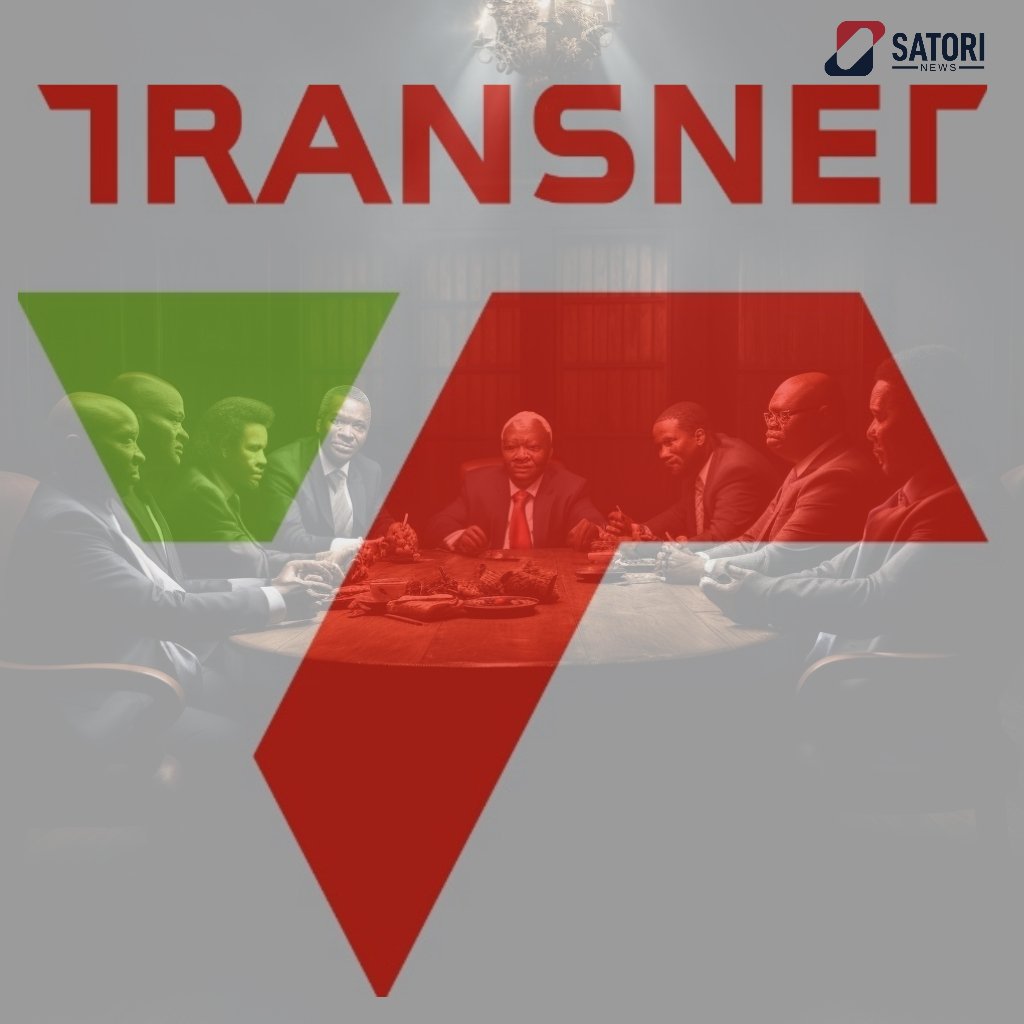Picture: for illustration purposes
Transnet Tangles: Riddled with Debt, Unable to Deliver on Export Commitments
Transnet, South Africa's largest and most important state-owned entity, finds itself embroiled in a whirlwind of controversy. Ever deepening debt, coupled with its inability to deliver on export commitments, has ignited rigorous discussions surrounding the future of this gargantuan parastatal. Much like Eskom and the SAA, Transnet's financial difficulties amount to R134 billion in debt.
Yet, the growing debt pile doesn't seem to unsettle those steering this sinking ship. Similarly to its fellow SOEs riddled with corruption, inefficiency, and wasteful expenditure, expectation of a government bailout capitalising on the nation's overburdened taxpayers remains imminent.
Transnet's inability to shuttle key raw materials consisting of iron ore, coal, and other minerals to the ports for exports leaves mines with no option but to use alternative road transportation. Massive trucks have been seen maneuvering through Durban and Richards Bay, laden with much-needed minerals normally transported by Transnet.
In an exploration of the reasons behind Transnet's derailment, it's been revealed that a series of errors and entanglements have led to this standstill. The purchasing of unfit locomotives from Spain, along with a Gupta-linked inflated deal with China Railway Rolling Stock Company for 160 locomotives, signifies the incompetence that has run Transnet aground.
The troubled parastatal lost one-third of its locomotive capacity, dropping from 2200 locomotives in 2019, to a mere 1500 functioning locomotives by 2022. The resignation of CEO Portia Derby, after three long years trying to untangle the messy threads of Transnet's extensive problems, further exhibits the enormous challenges involved in rectifying this chaos.
Until the government acknowledges the insurmountable inefficiencies of running public services and addresses the cadres' deployment leading to ailing SOEs, it's projected that Transnet will remain off track, burdening the hard-pressed taxpayer.










